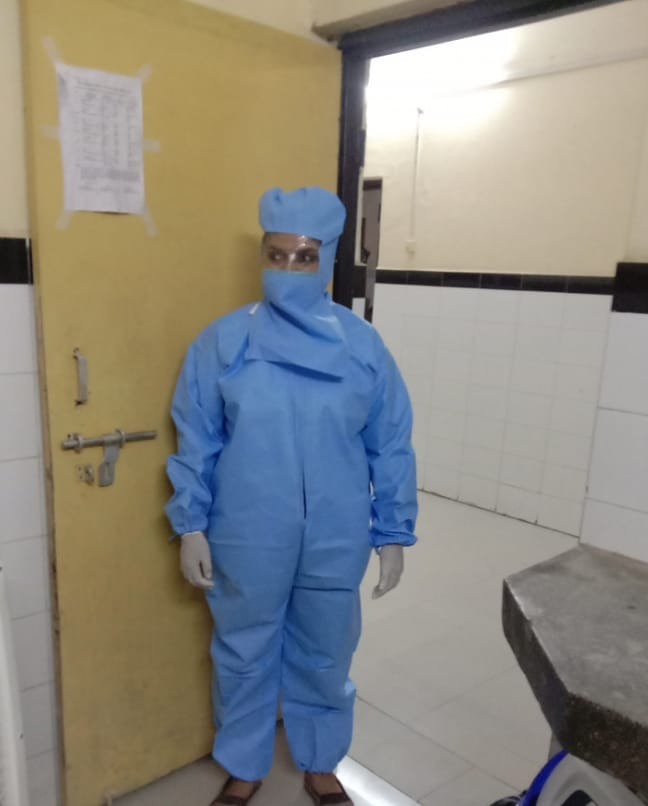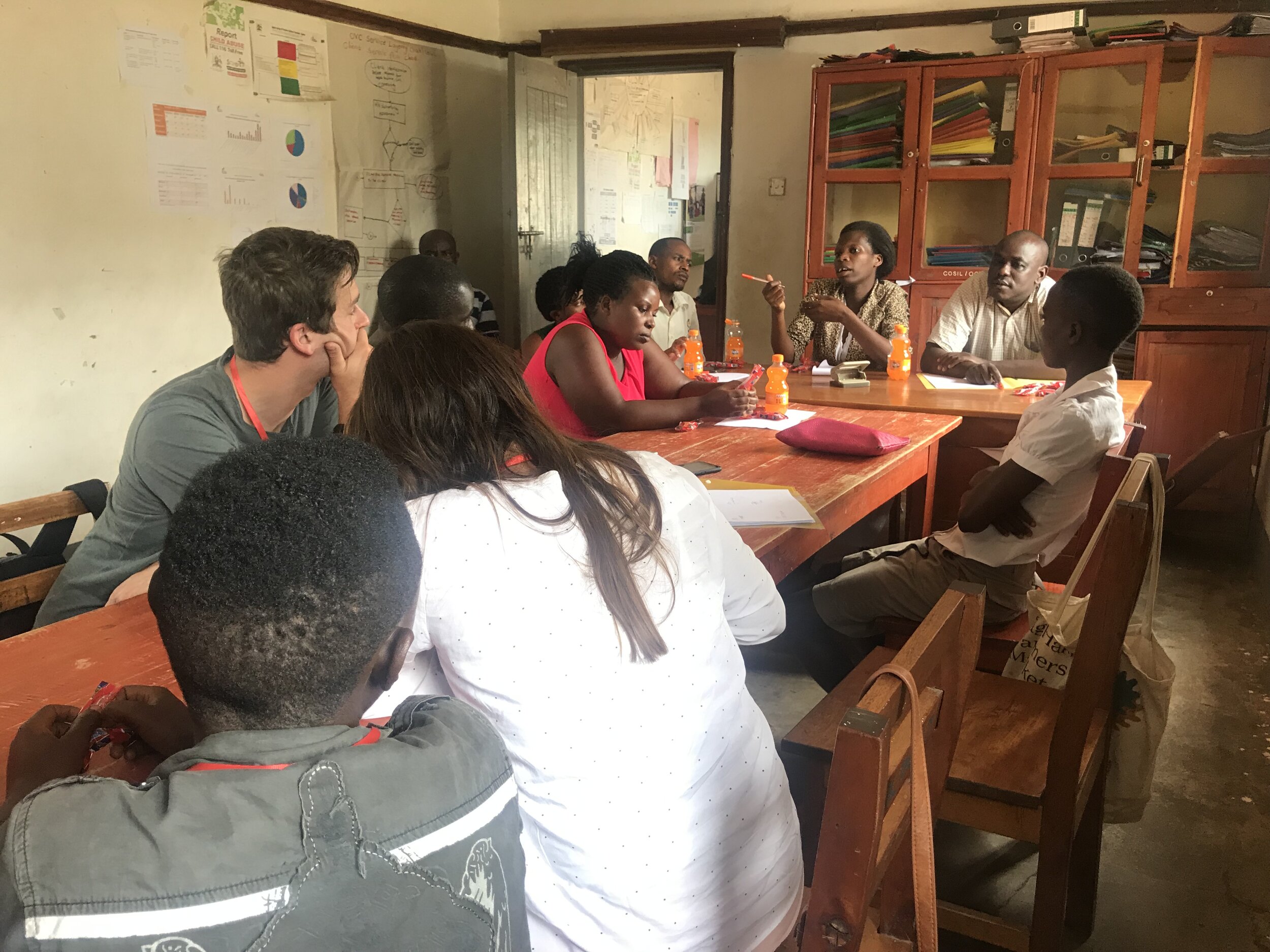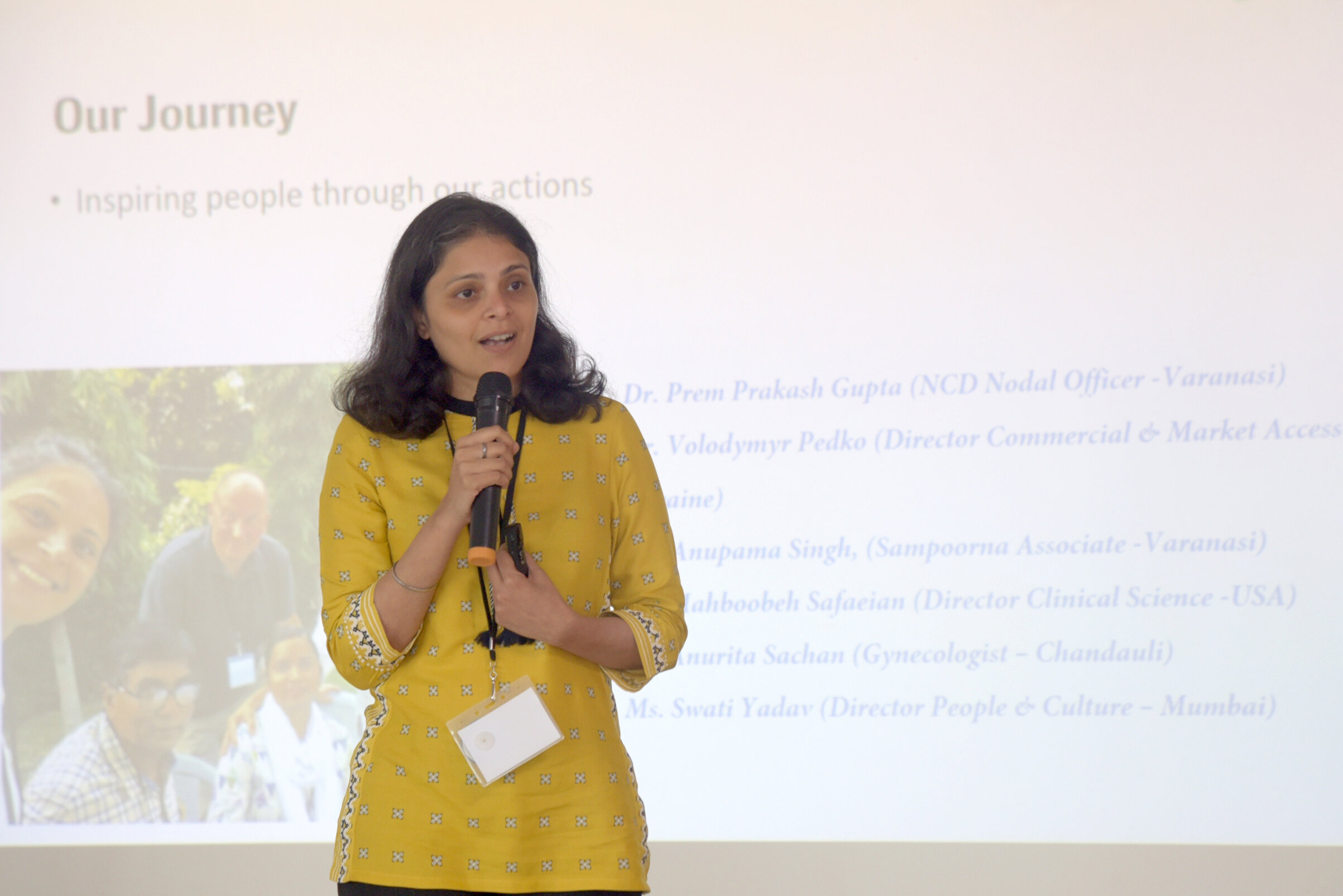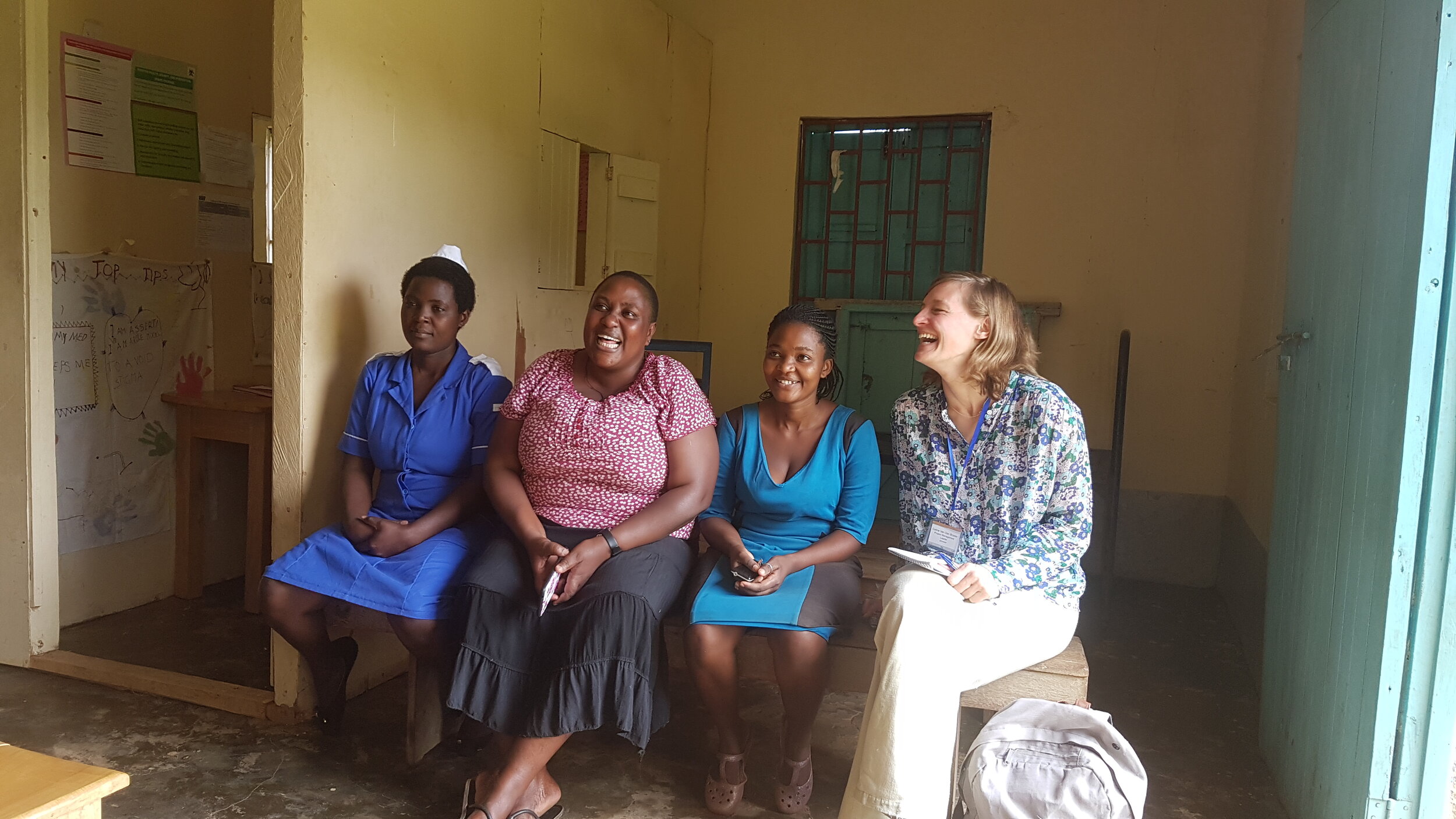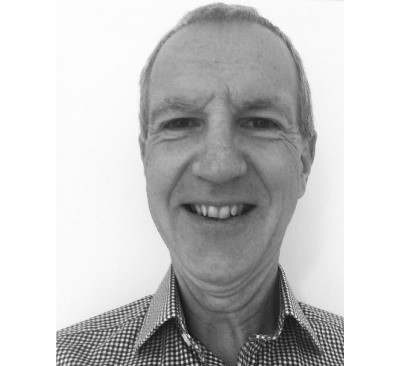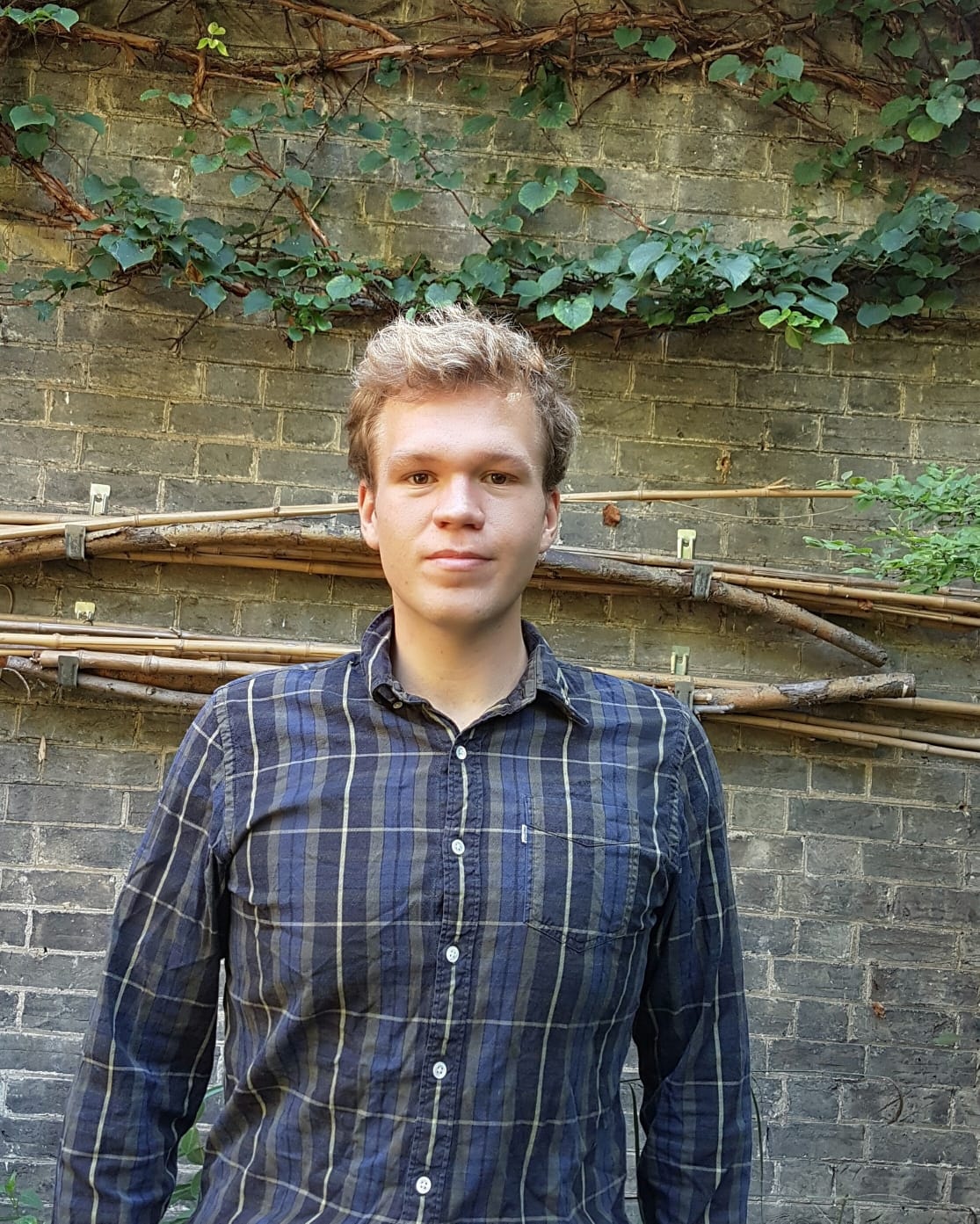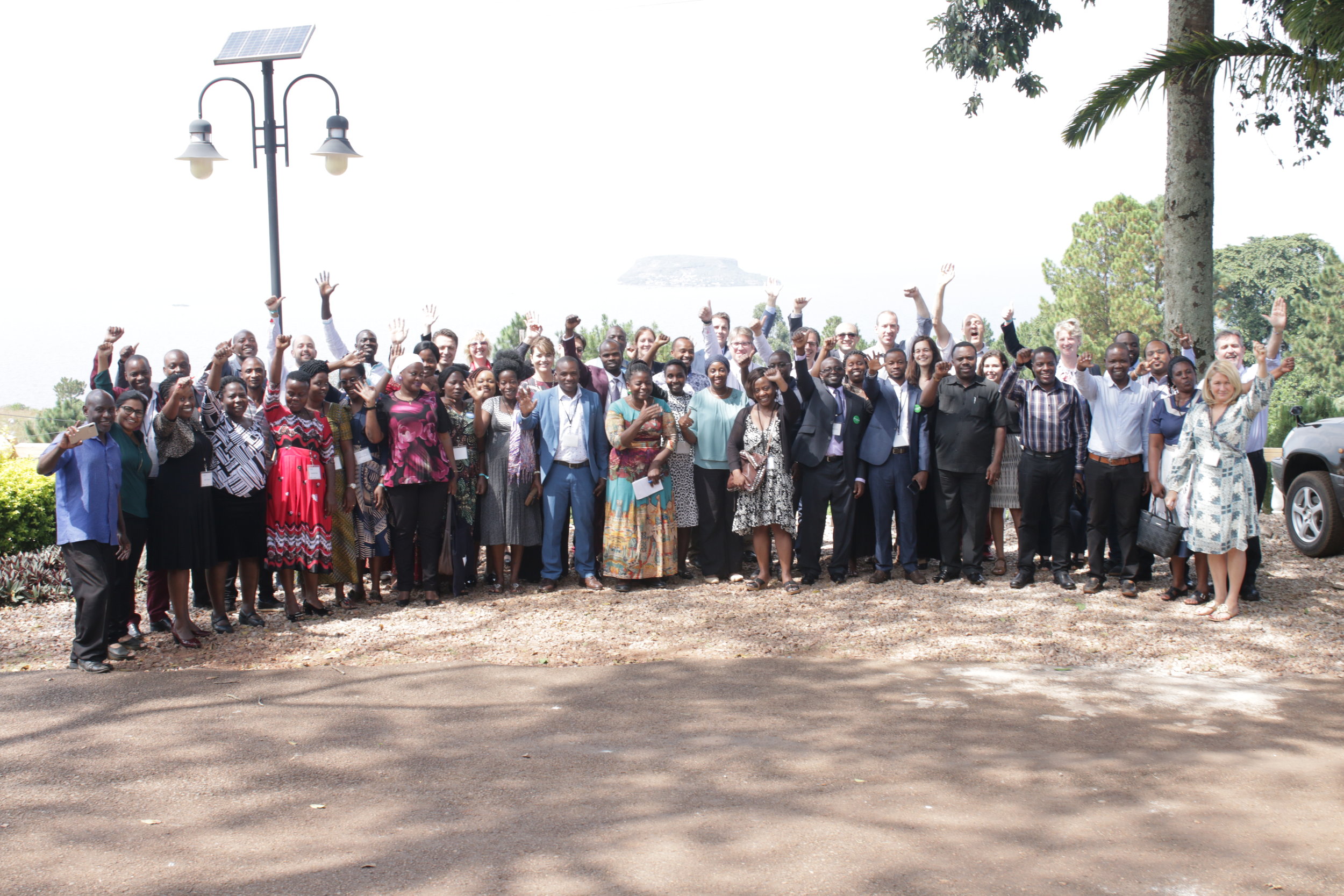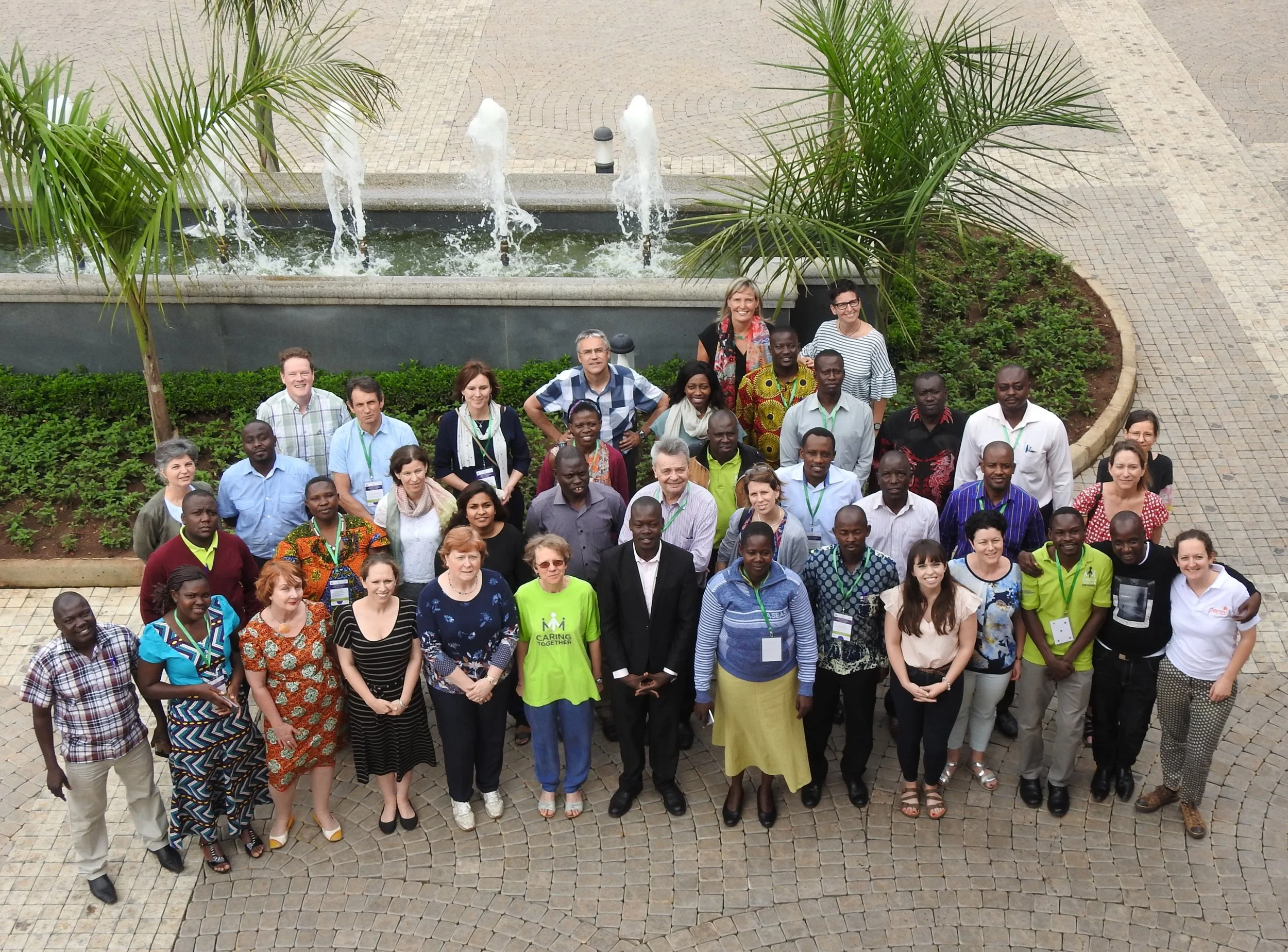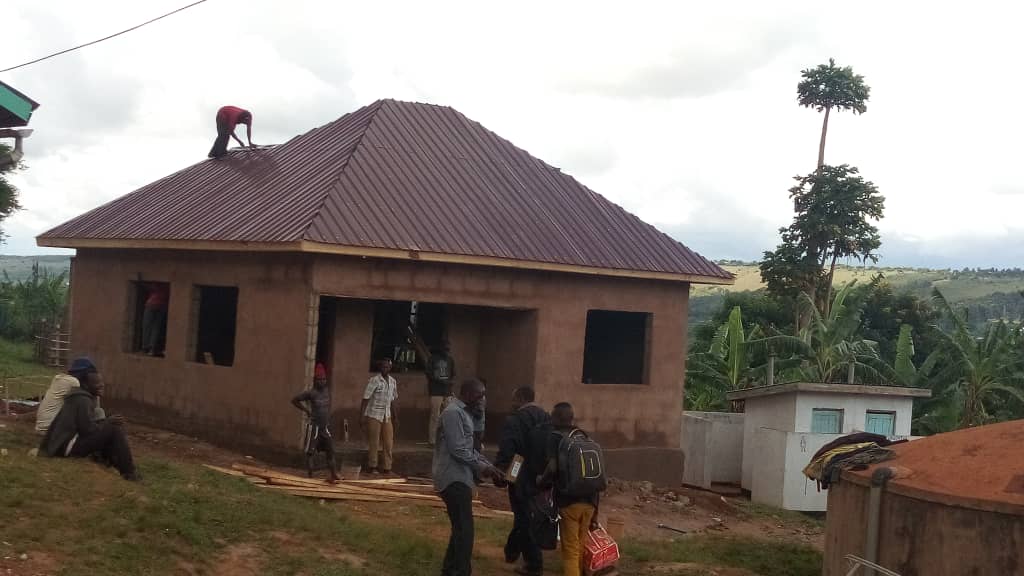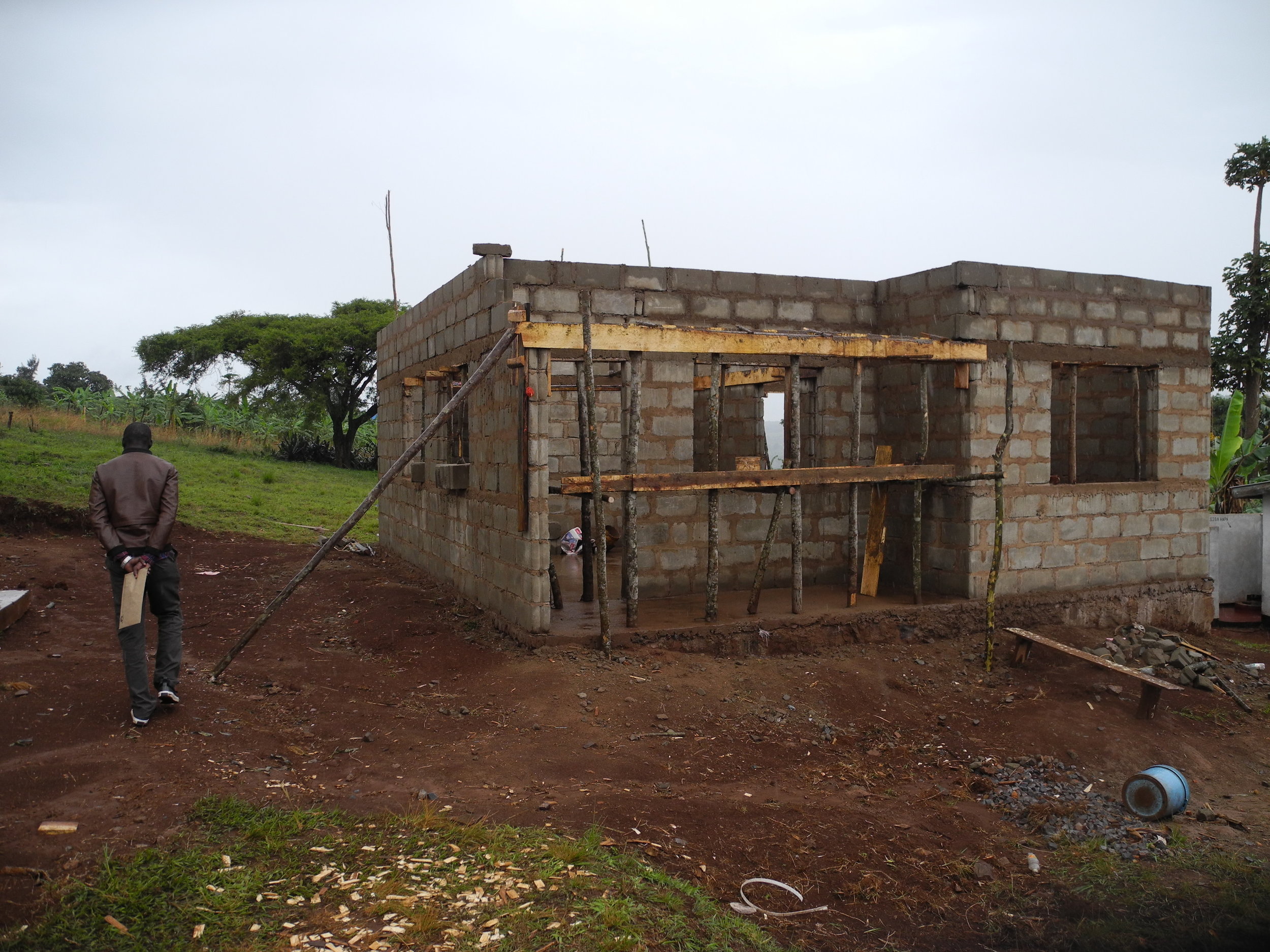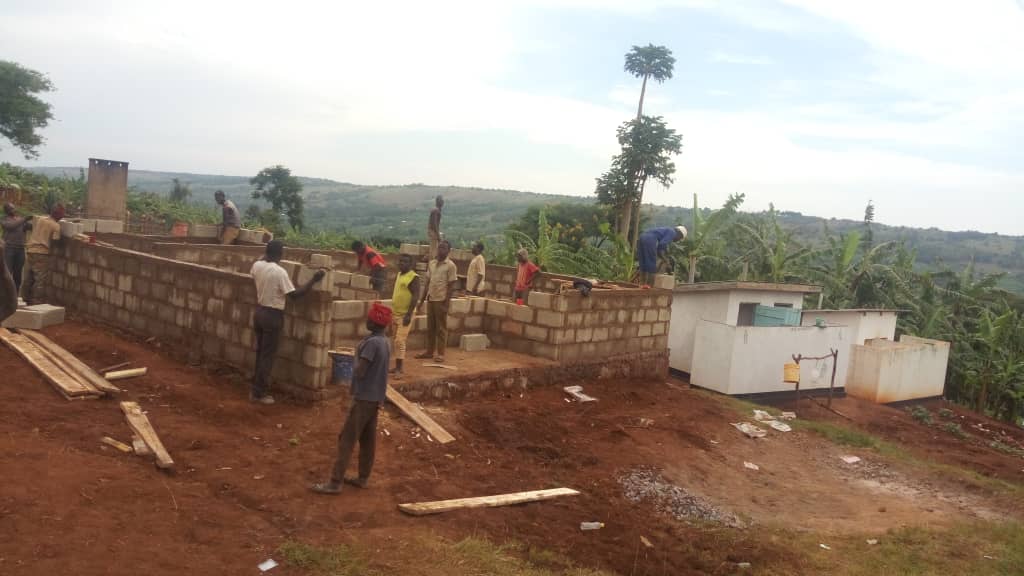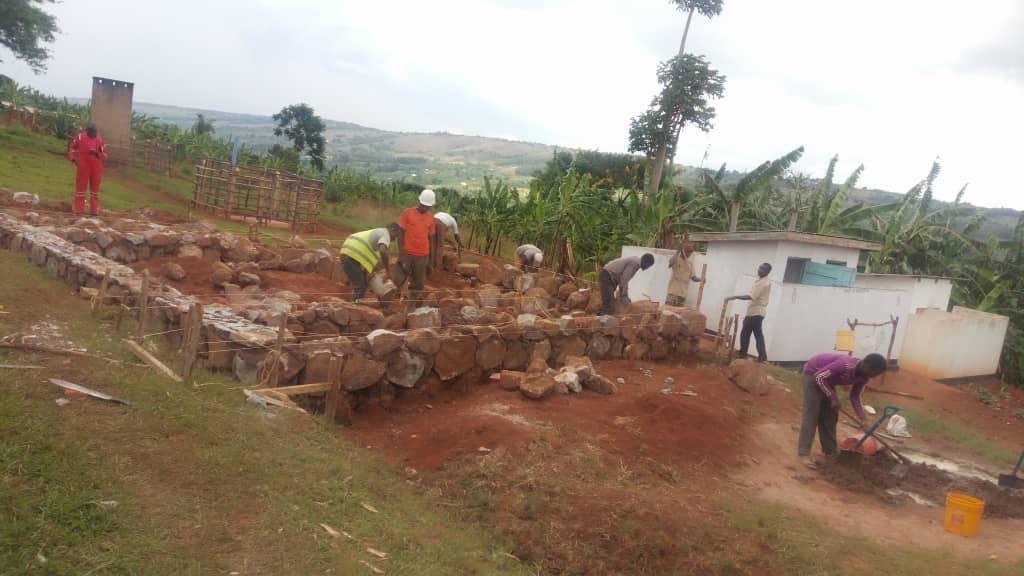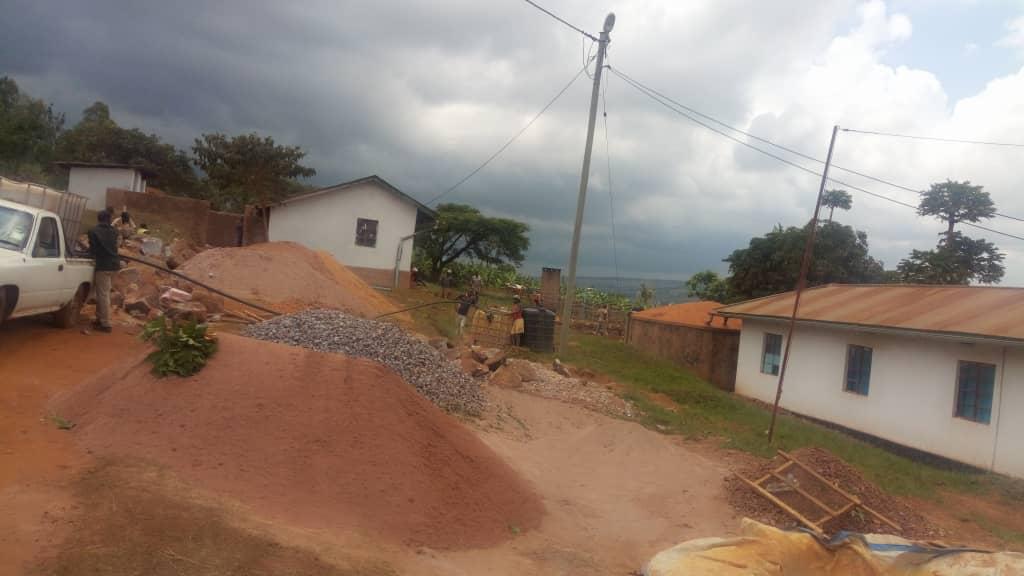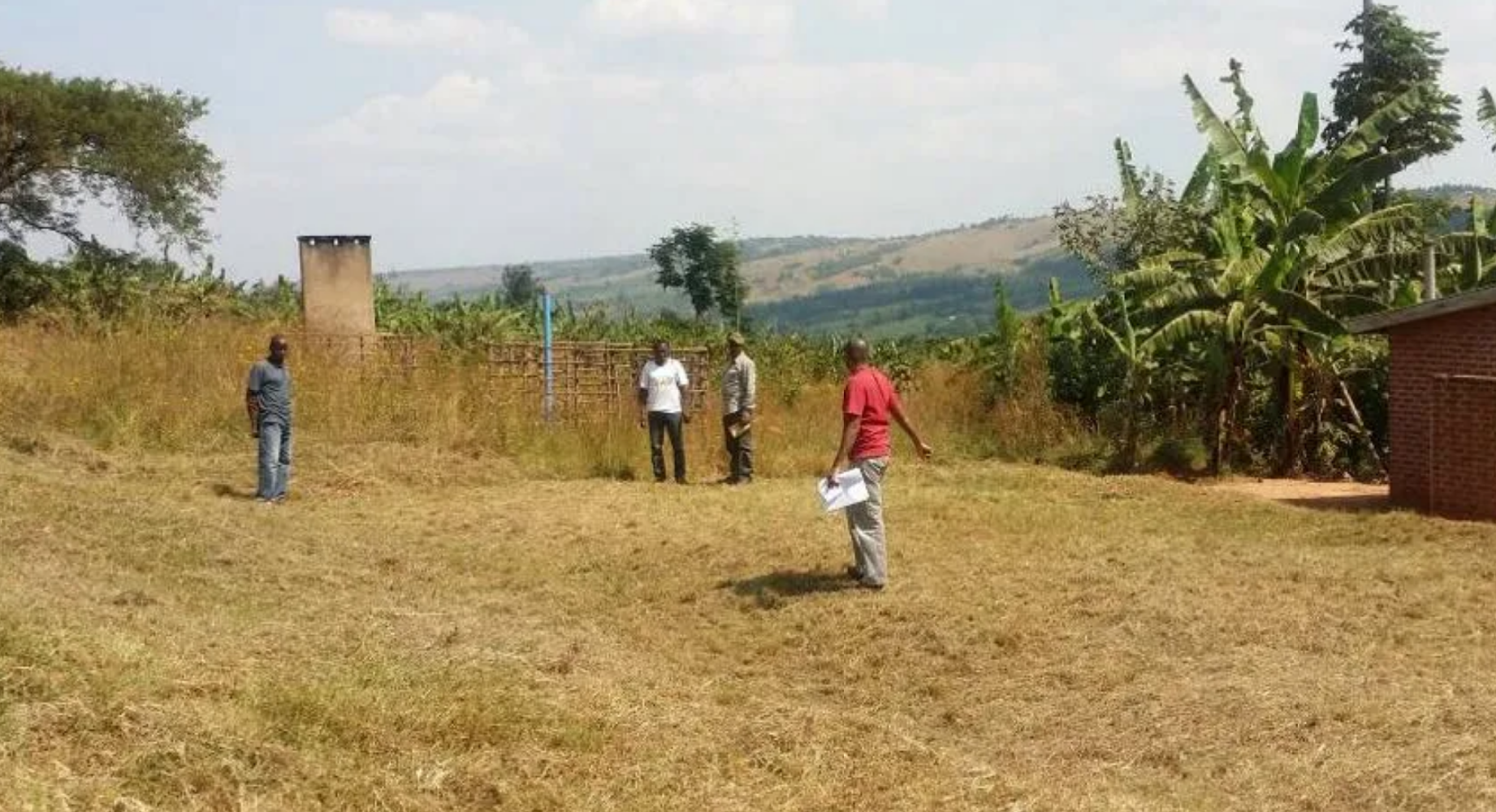Michael Musiime Koima, Leadership & Governance Manager, Baylor-Uganda
“By building the leadership skills of Baylor staff who work directly with healthcare workers and district leaders to deliver effective services, we will help them meet their mandate, strengthen the health system and save lives” - Michael Musiime Koima, Leadership and Governance Manager at Baylor-Uganda
The COVID-19 crisis presented the Pepal, Janssen Pharmaceutical Companies of Johnson & Johnson and Baylor-Uganda collaboration with an unprecedented challenge: no face-to-face programmes for the foreseeable future. While continuing to support the momentum for the leadership and adolescent programme with Baylor-Uganda – we asked ourselves, how can we continue to support our colleagues at Baylor remotely and the Ugandan health system more broadly?
COVID-19 is putting additional strain on the already overburdened health system in Uganda. Measures taken to curb the spread of the virus are affecting access to lifesaving healthcare services. The impact of which is likely to be devastating; UNAIDS warns that a six-month disruption to services could see a 139% rise in the number of new child HIV infections. Baylor staff are on the frontline of the national response – supporting health facilities with capacity building, reporting community alerts, and sitting on the national taskforce. Leadership skills are more critical than ever for Baylor staff who are being asked to respond to the crisis while continuing to maintain existing projects with little additional funding or resources.
Together, we devised an exciting new digital leadership project, which sees a cohort of Janssen volunteers co-create virtual leadership modules that address three critical leadership gaps at Baylor: Leading with Agility, Situational Leadership and Influencing Skills. The exchange of expertise and ideas within these modules will help boost staff performance, develop transformational leadership competencies and leave Baylor staff better able to handle the hectic and uncertain environment they find themselves in.
Thirteen Janssen alumni volunteered for Phase One of the project and formed three agile innovation teams. Each team will develop one module and a complimentary digital tool to help Baylor leaders apply their learnings at work. Over the next two months, they will design, teach and measure the impact of these modules before bringing them to a broader audience.
As we begin looking to Phase 2 of the project, we are excited about the potential impact of the project and the possibilities that digital platforms provide.






